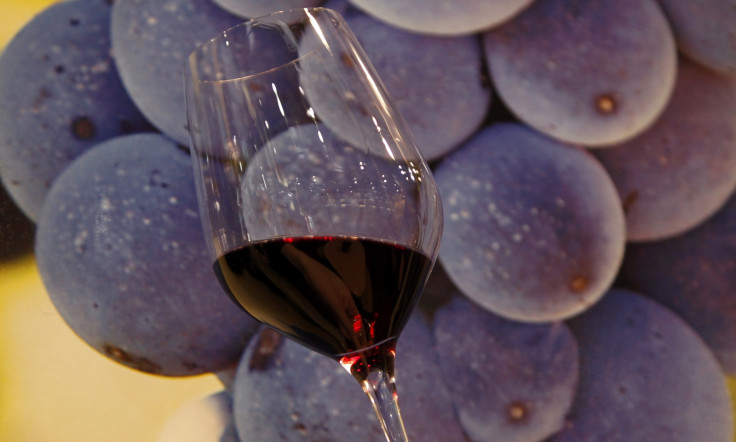Red grapes, wine and peanuts good for improving memory says study

An antioxidant resveratrol found in the skin of red grapes, as well as in red wine, peanuts and some berries helps improve memory by its effect on the hippocampus area of the brain.
Researchers at the Texas A&M Health Science Center College of Medicine say that the compound could help prevent age-related memory loss in the elderly.
Their study indicated that both spatial learning and memory improved in the resveratrol-treated rats while in the control rats who did not receive resveratrol, spatial learning ability was largely maintained but the ability to make new spatial memories significantly declined between 22 and 25 months.
Treatment with resveratrol had apparent benefits in terms of learning, memory and mood function in aged rats, noted Ashok K Shetty, PhD, a professor in the Department of Molecular and Cellular Medicine and Director of Neurosciences at the Institute for Regenerative Medicine.
Neurogenesis or the growth and development of neurons approximately doubled in the rats given resveratrol compared to the control rats.
The compound significantly improved blood flow and was associated with a lower level of chronic inflammation in the hippocampus.
The hippocampus is critical to functions such as memory, learning and mood.
The study was published online in Scientific Reports.
It is already known that resveratrol protects the heart against cardiovascular diseases by inhibiting inflammatory factors as shown in a recent research from Johannes Gutenberg University of Mainz.
Studies have also made the link between the compound and memory gains in people given the antioxidant.
Antioxidants generally play a beneficial role in the health of cells by reducing oxidation and controlling free radicals which damage cells leading to cancer, immune diseases and heart problems.
© Copyright IBTimes 2025. All rights reserved.





















